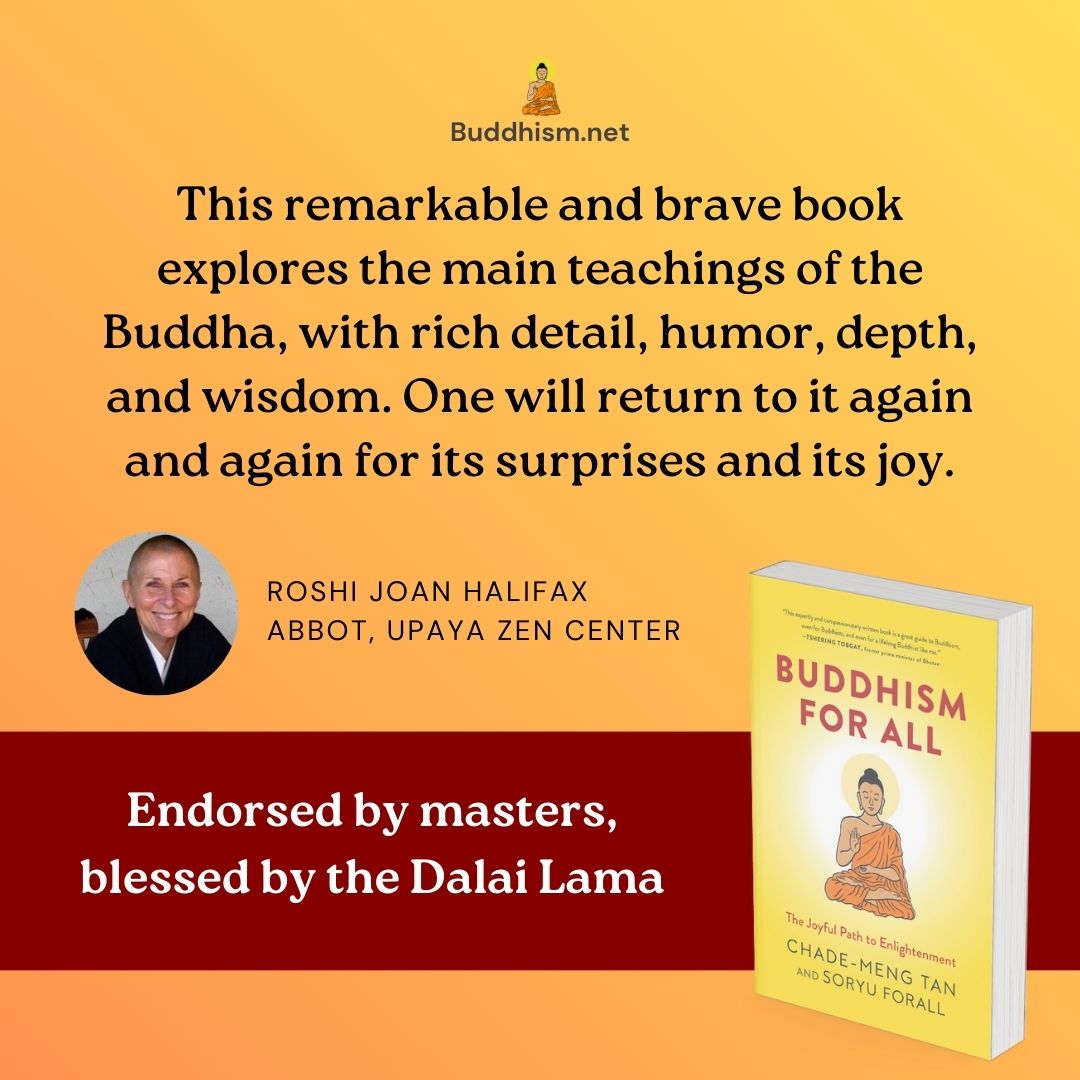
The inclusion of right livelihood in the Noble Eightfold Path was a surprise to me. After all, I didn’t think a great, world-transcending sage like the Buddha would give a bother about what people do for a living. In retrospect, however, it makes sense. One’s livelihood is something one depends on for sustenance, so in that sense, it is literally a matter of life and death, and matters of life and death tend to have a disproportionate effect on one’s behavior and mental state, just saying.
Specifically, a problematic livelihood may require you to routinely compromise at least one of the five precepts, and that undermines your practice. A problematic livelihood may also fan the three flames of greed, hatred, and delusion (for example, if your job requires you to cheat little old ladies out of their life savings, or promote hateful racist propaganda, or tell big lies in order to protect certain companies from the legal consequences of destroying the environment). There is a painfully insightful modern saying, attributed to investigative journalist, Upton Sinclair, that hints at how wrong livelihood can even make people stupid: “It is difficult to get a man to understand something when his salary depends on his not understanding it.” For this reason, Soryu was not at all surprised that the Buddha included right livelihood in this list of eight essential spiritual practices. It is precisely in being willing to change one’s livelihood that one gains the confidence to enter upon the transcendent aspects of the path.
Recognizing the outsized impact of one’s livelihood, the Buddha prescribed right livelihood as one component of the Noble Eightfold Path. And once again, he gave specific guidelines. For lay people, he recommends not engaging in these five trades: trading in weapons, living beings, meat, intoxicants, and poison.[1] For monastics, right livelihood means having very few material possessions, needing very little, and depending on the generosity of donors for basic needs such as food and clothing. In other words, the right livelihood for a monk is to subsist on alms. Even the very term bhikkhu, usually translated as monk, literally means mendicant. The Buddha also specifically forbade monastics from engaging in fortune-telling or selling lucky charms.[2]
To put it most simply, right livelihood for lay people means livelihood that facilitates the weakening of greed, hatred, and delusion, and right livelihood for monastics means livelihood that facilitates the complete ending of greed, hatred, and delusion.
Right speech, right action and right livelihood do not just create happiness for you and the people around you, they also play an essential role in your path to directly see nirvana. We will examine that in detail later in this series.
Activities
References
[1] Aṅguttara Nikāya 5.177.
[2] Dīgha Nikāya 2.
Artwork by Colin Goh.

